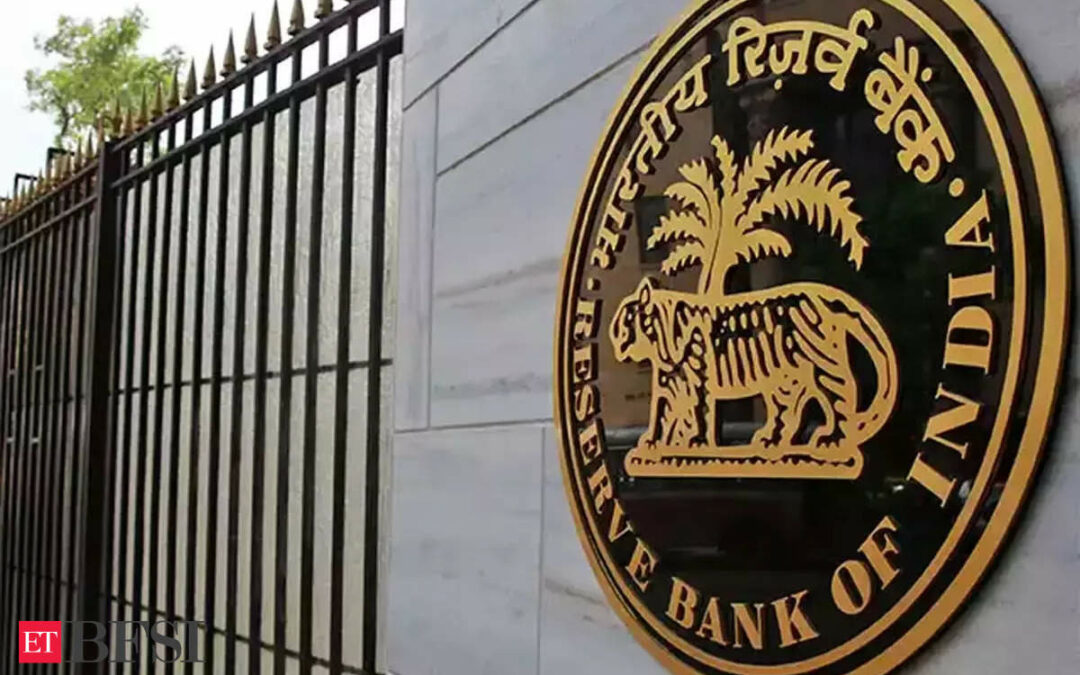Urban cooperative banks are in the news for the wrong reasons again with the Reserve Bank of India superseding the board of Abhyudaya Coop Bank, just when the reforms after the PMC Bank episode had promised to bring discipline in the sector.
Since 2020, urban cooperative banks have fallen under the direct jurisdiction of the RBI, resulting in heightened scrutiny and a surge in fines. In the 2022-23 fiscal year, these banks incurred 83 percent of the total fines levied by the RBI, decreasing to 74 percent in 2023-24. However, the prevalence of fines is expected to remain elevated due to the unique governance structure of these banks, often dominated by local politicians.
Of the 172 fines issued by the RBI in the current financial year up to November 24, illustrates that nearly three-fourths (127 fines) were directed at urban cooperative banks, with a quarter of these penalties attributed to loans extended to related parties, predominantly by banks in Gujarat.
Among the urban cooperative banks, the most prevalent offence was the breach of RBI’s prudential norms, covering various offences unrelated to lending, loan recovery, or customer interactions. However, the second-largest category, comprising almost 25% of fines, involved lending to the banks’ own directors, individuals related to the directors, companies in which the directors had a financial interest, or cases where directors acted as guarantors for loans. This directly contradicts RBI regulations issued in February 2021, explicitly prohibiting such practices.
What ails?
Weaker asset quality, capital positions, and limited profitability resulting from low credit-to-deposit ratios have hindered their progress. The lack of adequate resources and manpower, as well as technological limitations, have further compounded these difficulties.
Challenges faced by UCBs stem from structural hurdles arising from their localized operations and the dual regulatory oversight imposed by both the RBI and state governments. This dual regulation often leads to ambiguity and a lack of clarity, creating additional impediments to effective governance.
The core issues include deficiencies in corporate governance standards and professionalism within UCBs. Concerns persist regarding compliance with banking regulations, with non-compliance posing potential risks to the stability and integrity of the banking system. Unlike commercial banks, UCBs operate under a “one-member, one-vote” policy, where majority voting determines decision-making. However, this member-driven structure can impact governance and limit capital-raising capabilities. The restricted access to capital sources beyond their members hampers UCBs’ ability to raise funds, constraining their growth potential.
The RBI reforms
In response to these challenges, the RBI has implemented a four-tier scale-based regulatory framework to fortify the governance of cooperative banks. This framework introduces higher capital requirements for larger-sized banks, aiming to bolster their stability and enhance risk management practices. Additionally, the RBI has revised upward the priority sector lending targets for UCBs. By March 2026, UCBs are expected to achieve a priority sector lending target of 75%, aligning with broader socio-economic goals.
The RBI has intensified its scrutiny of cooperative banks, with several penalties and the cancellation of licenses for eight lenders in FY2023 alone. To address these issues, industry experts propose stringent governance standards at the board level, the conversion of cooperative banks to small finance banks, and enhanced oversight by regulators and auditors. The trust deficit resulting from governance issues and regulatory actions has led to increased loan defaults and deposit outflows to larger banks. Experts recommend a comprehensive overhaul in the governance structure of cooperative banks to safeguard these institutions and protect customer interests.











